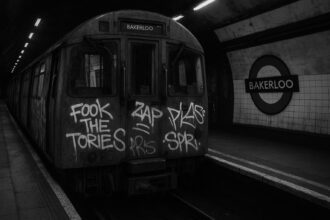In an effort to combat extremist ideologies, the UK Government, led by Secretary Michael Gove, aims to update the definition of extremism to protect democratic values and community safety, amidst criticism and concerns over free speech and the targeting of Muslim communities.
The UK Government, led by Levelling Up Secretary Michael Gove, announced measures to redefine extremism and limit the influence of extremist groups by preventing their access to government funding and direct engagement with ministers and civil servants. This initiative emerges in light of growing concerns over extremist ideologies that undermine human rights, democratic values, and the safety of communities within the UK, with a particular focus on the threats posed by right-wing and Islamist groups.
The updated definition of extremism, set to replace the 2011 version, categorizes extremism as the promotion of violence, hatred, or intolerance aiming to erode fundamental freedoms or the democratic structure of the UK. This redefinition follows incidents like the October 7 attacks in Israel and rising tensions post the Israel-Gaza war, highlighting an escalated threat level and the need for a more precise framework to prevent the legitimization of extremist viewpoints.
Criticism has been voiced from various quarters, including former home secretaries, the Archbishop of Canterbury, and community leaders, pointing to potential risks of politicisation, misidentification, and the suppression of free speech and peaceful protest. Concerns particularly accentuate the fear of disproportionate targeting of Muslim communities, with critics calling for a more comprehensive and inclusive strategy to address the root causes and manifestations of extremism.
The government’s approach has also faced specific scrutiny following the Ministry of Defence’s cessation of engagement with the Muslim Council of Britain (MCB), a decision that has underscored the larger debate about the criteria for defining and engaging with extremist groups. Zara Mohammed, leader of the MCB, highlighted the organisation’s efforts in condemning violence and fostering community collaboration, while questioning the government’s stance towards Muslim organisations.
Officials, including Michael Gove, underscore the necessity of these measures to protect UK’s democratic values and societal rights from ideological threats. However, the Government acknowledges the complexities involved and has planned for a structured identification process of extremist groups, led by the newly established Counter-Extremism Centre of Excellence. As the government prepares to publish a list of identified extremist groups, the debate continues over the balance between national security and the preservation of civil liberties, with many urging for clarity, fairness, and a broader, more inclusive strategy to combat extremism in the UK.













